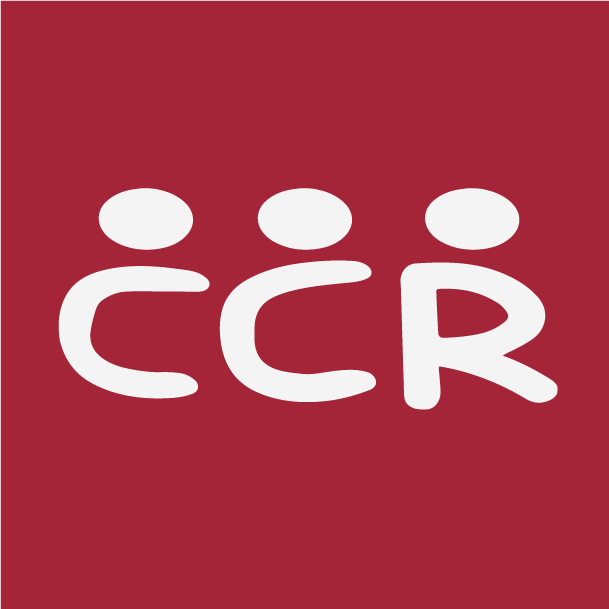More and more, while we are in schools and doing mediations with students, we find out that the conflict is more wide-spread than just them. It may involve other siblings and sometimes parents, guardians, aunts and uncles.
This means that while we can do a lot of work with the students themselves, the root of the conflict we are trying to address is much deeper and needs to include more people in the conversations. A few weeks ago, two of CCR’s restorative justice coordinators had a case that involved four students- and their guardians.
The mediation that the restorative justice coordinators set up included the 4 students and their (5) guardians, which was held at the Gregg/Klice Community Center.
During the beginning parts of the mediation, some of the adults in the room started to become heated and defensive of their child. A confrontation occurred between a grandmother and one of the mom’s present. Instead of storming out, CCR mediators separated the two parties, allowed them each to calm down, and brought them together with their consent.
Instead of just starting right back up again, CCR staff invited everyone in the room to pause, take a deep breath and refocus on the task at hand- figuring out the conflict with their children. As a group, they reviewed the guidelines and actually added some that addressed why the adults were feeling so defensive. With that, the mediation continued.
The CCR staff felt a shift in the room after this tense moment- it became easier to talk with each other as the guidelines included safer ways to communicate with everyone in the room.
Then, something incredible happened: The grandmother and the mom who were upset with each other earlier apologized to each other. They each said that they had misunderstood the other, and that they had no issue with each other after hearing the other’s perspective. They hugged, and agreed to communicate in a more positive way, one that assumes the best of the other even while upset.
After the students witnessed this, they asked to have some space. They left the room together and as the adults watched from the window, they hugged each other and apologized.
Once they came back in the room, the students made a plan for how to communicate in the future with the example of their guardians. At the end of the mediation, a student remarked that, “It was easier to apologize when I saw it done.”
As conflict in our schools and city becomes increasingly complex, we have to remember to include all the people involved. And, just as importantly, demonstrate and encourage apologies, accountability for our words and actions and model how to come to the table even when it’s challenging.
Our youth follow the example they see- if we demonstrate and practice with them accountability, empathy and willingness to right the harms we are involved in, they will do the same.
The power of role models is far beyond what we know. In his book When the Adults Change, Everything Changes: Seismic Shifts in School Behavior, Paul Dix writes that “angry children follow people first, then they follow rules.” By modeling how to be angry effectively, we can change how our youth respond when they are angry too.



